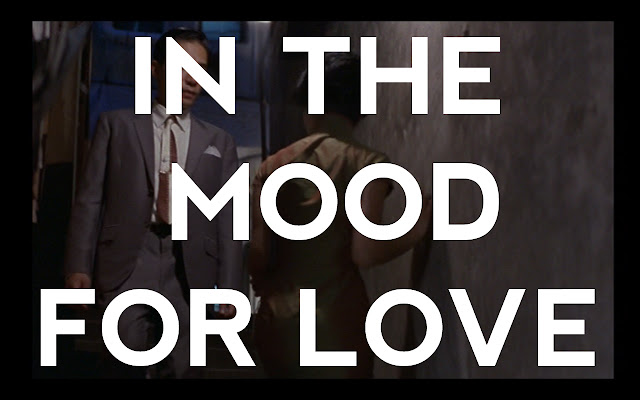In Wong Kar-Wai's film Chungking Express, he explores ideas of love and the passing of time. While most films are made in about a year, Wong produced Chungking Express in two months. He had spare time because of production delays for another film so he decided to make another one while he waited. The short production time produced an interesting sense of youthful impulse. Free from premeditated planning, Wong produced a film that exudes a kind of liberating force - one that completed scripts and pre-production can easily spoil.
This spontaneity recalls the same of-the-moment feeling that Godard's film Breathless had. Both directors just picked up a camera and shot enigmatic and attractive young actors with a bare script to guide them. The end results in two of the most compelling and unexpectedly insightful films about life, love, time and people.
Even two of the female leads are so similar. Both have pixie haircuts, a feminine symbol of self-assurance, and both possess this undefined way of enthralling and mesmerising the audience and the men they attract.
Watch this clip of Faye Wong dancing to California Dreamin'. Don't you see a bit of Jean Seberg in there?
This is a repost from my previous blog, FILM MUSIC ART




